13 Plants That Help Keep Mosquitoes and Pests Away
Looking for natural ways to keep mosquitoes and bugs out of your garden? Many plants can help create a bug-free zone by releasing aromatic oils or compounds that repel pests. These plants not only protect from mosquitoes, but also add beauty and fragrance to your outdoor space. Whether you’re hosting a backyard barbecue or simply enjoying some time outdoors, incorporating these plants into your garden can help keep pests at bay.
This post may contain affiliate links, which helps keep this content free. Please read our disclosure for more info.
Citronella Grass
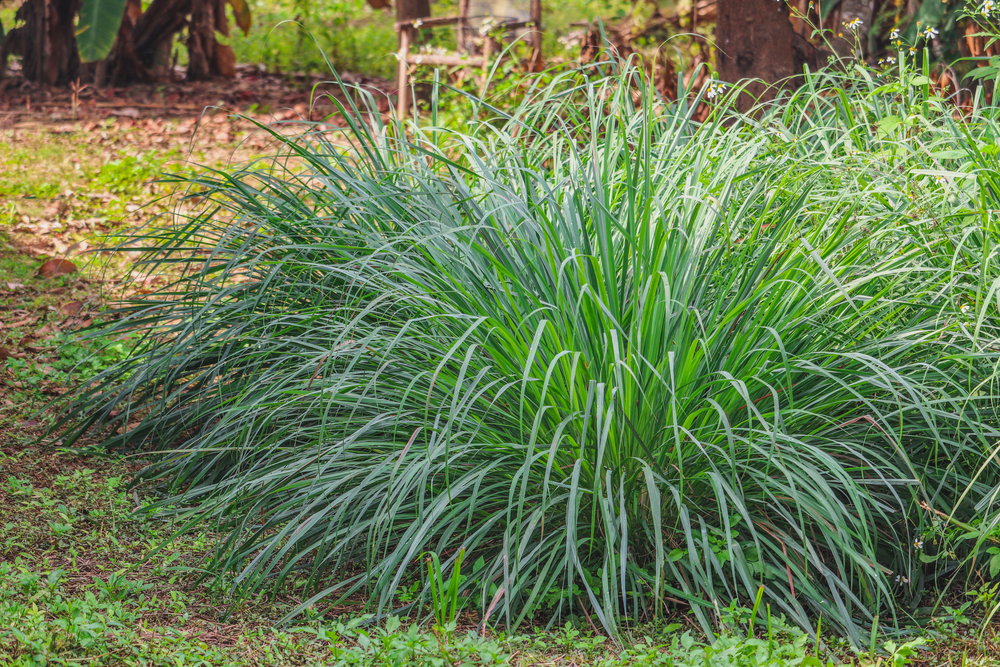
Citronella grass is one of the most well-known plants for repelling mosquitoes. It produces a strong citrus scent that is unpleasant to mosquitoes, masking the natural odors that attract them. The oils in its leaves are particularly effective in creating a barrier that prevents mosquitoes from settling in the area. While citronella is often used in candles and sprays, growing the plant itself in your garden can provide long-lasting protection without the need for chemical repellents.
This grass is easy to grow in warm climates and prefers full sun and well-drained soil. It is typically grown in pots, so it can be moved around as needed to maximize its effectiveness. While citronella won’t eliminate all bugs from your garden, it’s a natural and pleasant way to keep mosquitoes at bay, especially in the warmer months when they are most active.
Lavender
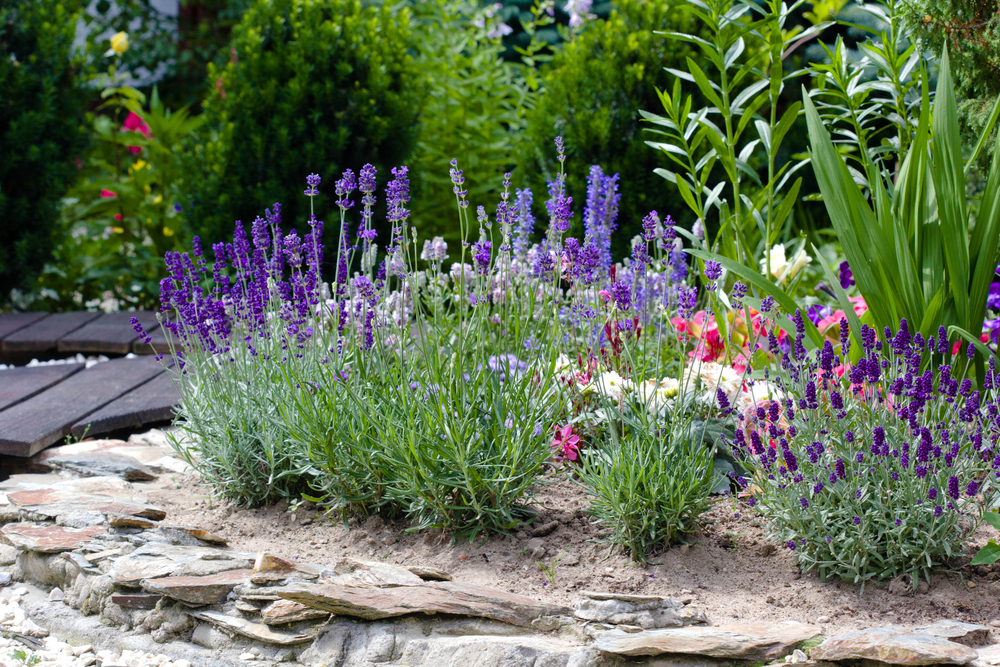
Lavender is not only known for its beautiful flowers and calming scent, but it also serves as an effective mosquito and pest deterrent. The oils in lavender contain compounds that are particularly repulsive to mosquitoes. When the plant is disturbed or bruised, it releases a strong fragrance that interferes with mosquitoes’ ability to locate their targets, like human skin. The scent of lavender has also been shown to repel other common garden pests, such as moths and fleas, making it a great all-around pest control option.
Growing lavender in your garden adds both beauty and function. It thrives in sunny locations with well-drained soil and requires little maintenance once established. Lavender is also a great companion plant, as it attracts beneficial pollinators like bees, making it a natural, eco-friendly choice for your outdoor space. Plus, it can be harvested to make homemade sachets, oils, or soothing teas, making it a useful plant in more ways than one.
Lemon Balm
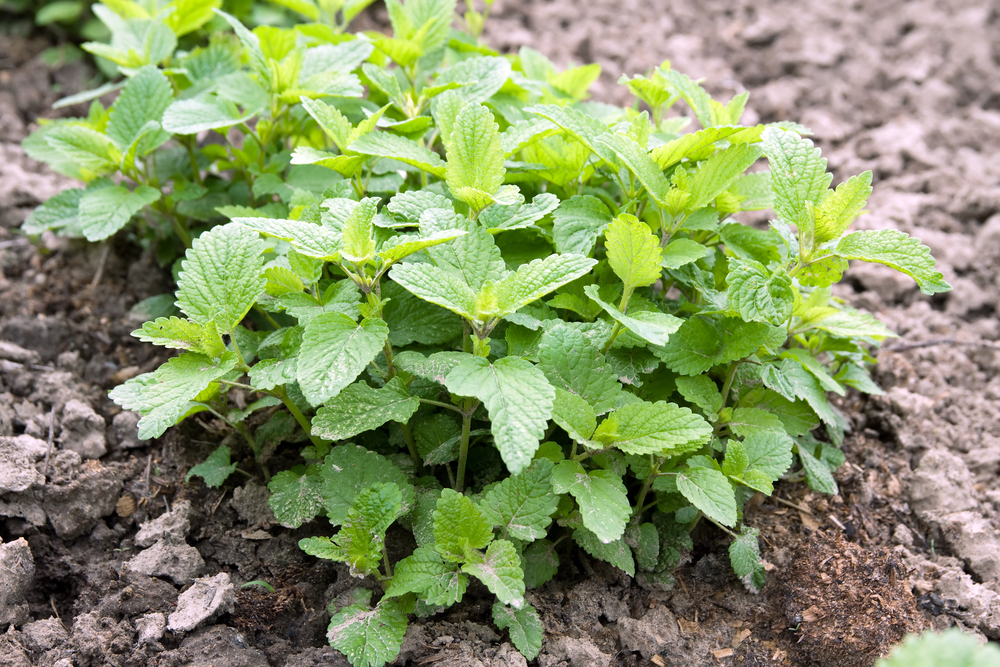
Lemon balm is a member of the mint family, and like many other members of this family, it has strong insect-repelling properties. The plant releases a lemony fragrance that is highly effective at keeping mosquitoes away. This scent interferes with mosquitoes’ ability to detect their human targets, making it an ideal plant for gardens and outdoor spaces. Lemon balm is easy to grow and thrives in a variety of soil types, though it prefers full sun or partial shade.
One of the advantages of lemon balm is that it is incredibly easy to maintain. It spreads quickly and can act as a ground cover, filling up garden spaces and helping to prevent the spread of weeds. However, it is known to be invasive in some areas, so it is a good idea to plant it in containers or use a root barrier to prevent it from overtaking your garden. Whether planted in a garden bed or a pot, lemon balm is a natural, low-maintenance way to keep mosquitoes away while adding a refreshing scent to your garden.
Marigolds
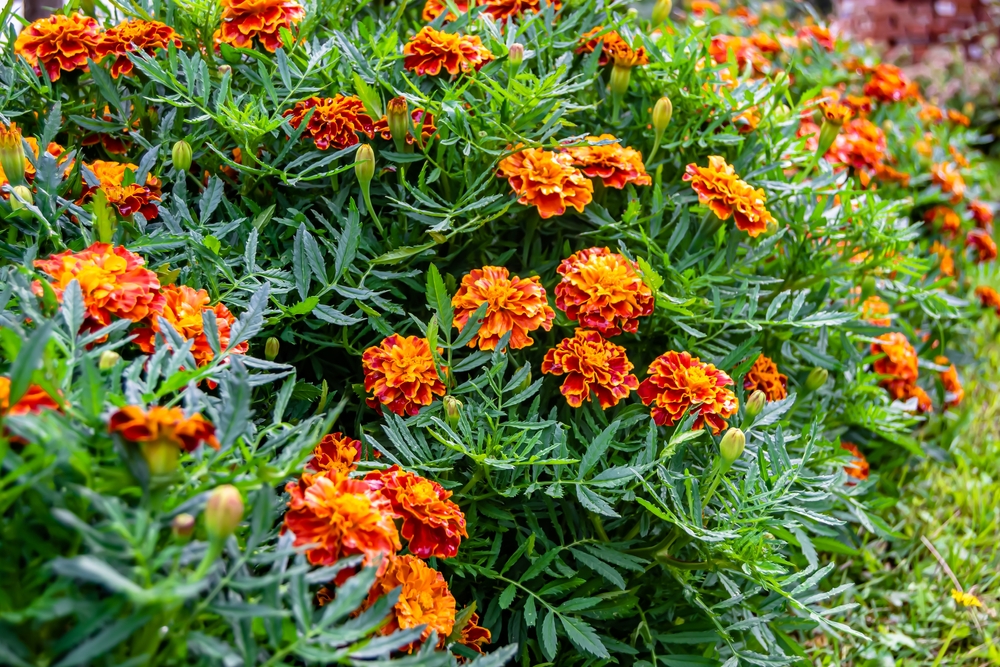
Marigolds are not only beautiful but also highly effective at repelling mosquitoes and other garden pests. These vibrant flowers release a scent that is particularly offensive to mosquitoes, making them a great natural deterrent. The compound responsible for this repellent effect is called pyrethrum, which is also used in many commercial insecticides. When planted in garden beds, marigolds create a natural shield against mosquitoes, flies, and even aphids, making them an excellent addition to any pest control plan.
In addition to their pest-repelling qualities, marigolds are easy to grow and thrive in full sunlight with well-drained soil. They can be planted directly in the ground or in pots, which makes them versatile for different garden setups. Marigolds also attract beneficial insects like ladybugs, which help control aphids and other pests. With their bright colors and strong scent, marigolds not only beautify your garden but also keep unwanted bugs at bay.
Basil
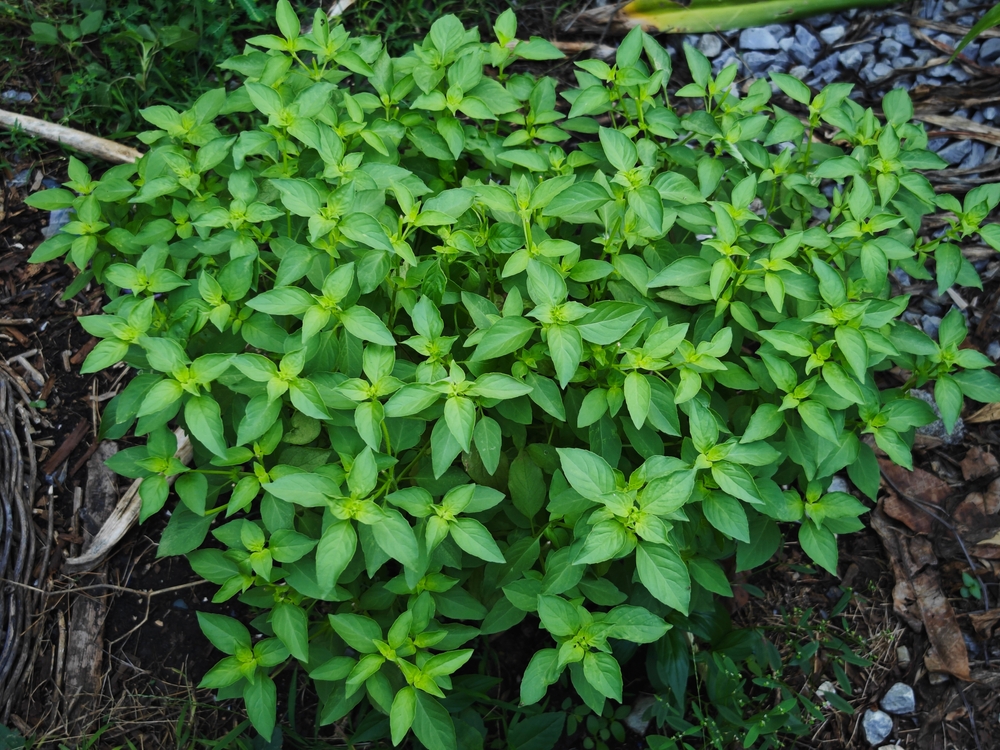
Basil is a fragrant herb that does more than just enhance the flavor of your meals. Its strong, aromatic oils make it an excellent mosquito repellent. The scent of basil is unpleasant to mosquitoes, and when grown in your garden, it helps keep them away. The plant’s oils contain compounds such as eugenol, which interfere with mosquitoes’ ability to sense and find their hosts. Planting basil near outdoor seating areas or around the edges of your garden can provide a natural barrier to mosquitoes and other bugs.
In addition to repelling mosquitoes, basil also has a number of culinary uses. It thrives in warm, sunny spots and requires well-drained soil. You can harvest fresh leaves to use in cooking or make your own basil-based insect repellent sprays. Plus, basil attracts beneficial insects like bees and butterflies, which help pollinate your other plants. With its dual purpose of pest control and culinary use, basil is a valuable addition to any garden.
Catnip
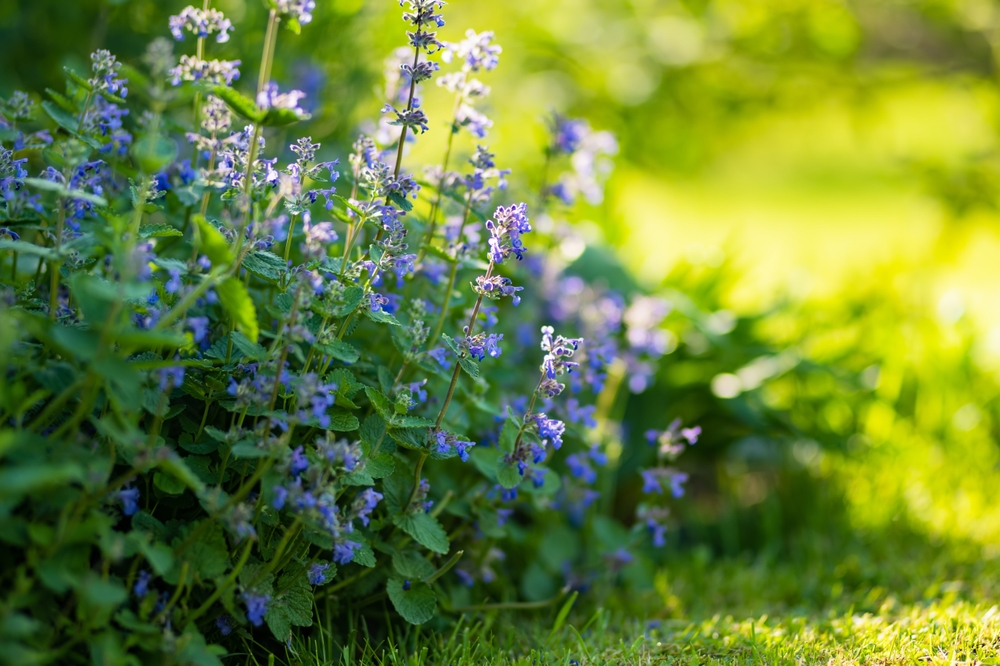
Catnip, often associated with its effect on cats, is also a powerful mosquito and insect repellent. The oils in catnip contain a compound called nepetalactone, which is known to be highly effective at repelling mosquitoes. Studies have shown that catnip can be up to ten times more effective than DEET, the active ingredient in many chemical insect repellents. Planting catnip in your garden can help create a pest-free zone while providing a pleasant environment for your feline friends.
This plant is easy to grow and thrives in a variety of soil types, making it an ideal choice for many gardens. Catnip prefers full sun but can tolerate partial shade. It can be grown in garden beds, pots, or containers, which makes it perfect for small spaces or urban gardens. Keep in mind that catnip can spread quickly, so it’s best to keep it in a controlled area to prevent it from taking over your garden.
Rosemary
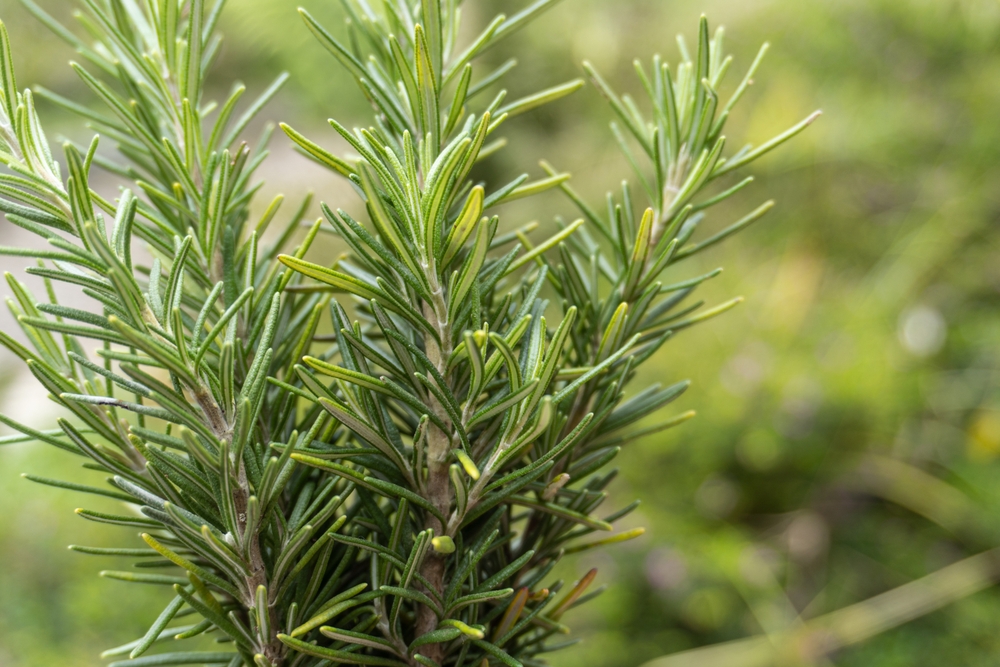
Rosemary is an aromatic herb that serves as both a culinary delight and a natural insect repellent. Its strong, pine-like scent is unpleasant to mosquitoes and flies, making it an excellent choice for keeping bugs out of your garden. The oils in rosemary contain compounds such as camphor and rosmarinic acid, which interfere with mosquitoes’ ability to locate their targets. Growing rosemary near patios, doorways, or sitting areas can help keep pests away while adding a fragrant touch to your garden.
In addition to its mosquito-repelling properties, rosemary is a hardy plant that thrives in sunny, well-drained soil. It requires minimal maintenance once established and can be pruned to maintain its shape. Rosemary is also known for attracting beneficial insects like bees and butterflies, making it a great addition to any garden focused on biodiversity. Whether used in cooking or as a natural repellent, rosemary is a versatile and useful plant for any outdoor space.
Peppermint
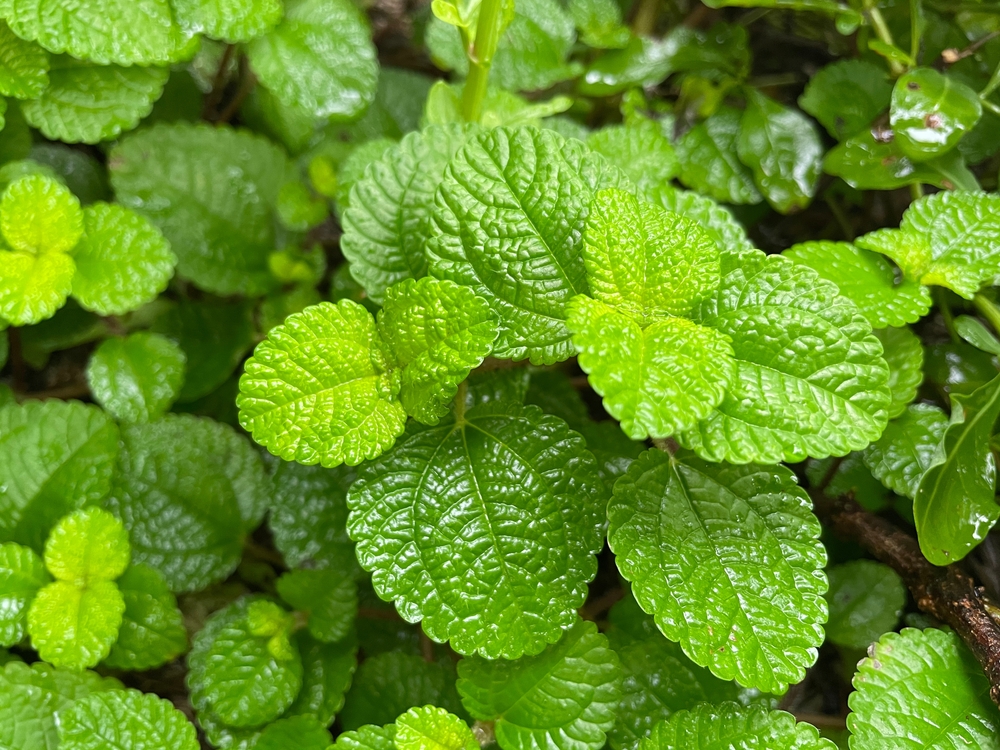
Peppermint is another member of the mint family that is known for its strong scent, which mosquitoes and other insects find unpleasant. The oils in peppermint contain menthol, which works to mask the scents that attract mosquitoes. Peppermint’s scent is not only a natural mosquito repellent but also works to deter ants, spiders, and rodents. By planting peppermint in your garden, you create a natural barrier against a variety of pests while adding a refreshing aroma to the air.
Peppermint grows easily in both garden beds and containers, though it can become invasive if not kept in check. It prefers moist, well-drained soil and partial shade, making it an ideal plant for areas that may not receive full sun. Peppermint is also useful for culinary purposes, as its leaves can be harvested and used to make tea, garnish dishes, or flavor desserts. With its versatility and pest-repelling properties, peppermint is a great addition to any garden.
Eucalyptus

Eucalyptus is a fast-growing tree that releases a strong, medicinal scent known to repel mosquitoes and other insects. The oils in eucalyptus leaves contain compounds such as citronellal and eucalyptol, which mosquitoes find repellent. The scent masks the human odor that mosquitoes are drawn to, helping to keep them away from your outdoor spaces. Eucalyptus trees also release their oils into the air, which can create a natural, insect-free zone around the area where they are planted.
While eucalyptus trees grow large and require space, they are excellent for gardens that have room for them. The trees prefer full sun and well-drained soil, making them easy to grow in many climates. Additionally, eucalyptus leaves can be used to make homemade insect repellent sprays, providing an additional way to benefit from the plant. Whether used as a natural repellent or as part of your garden’s aesthetic, eucalyptus is an excellent choice for keeping pests at bay.
Geraniums
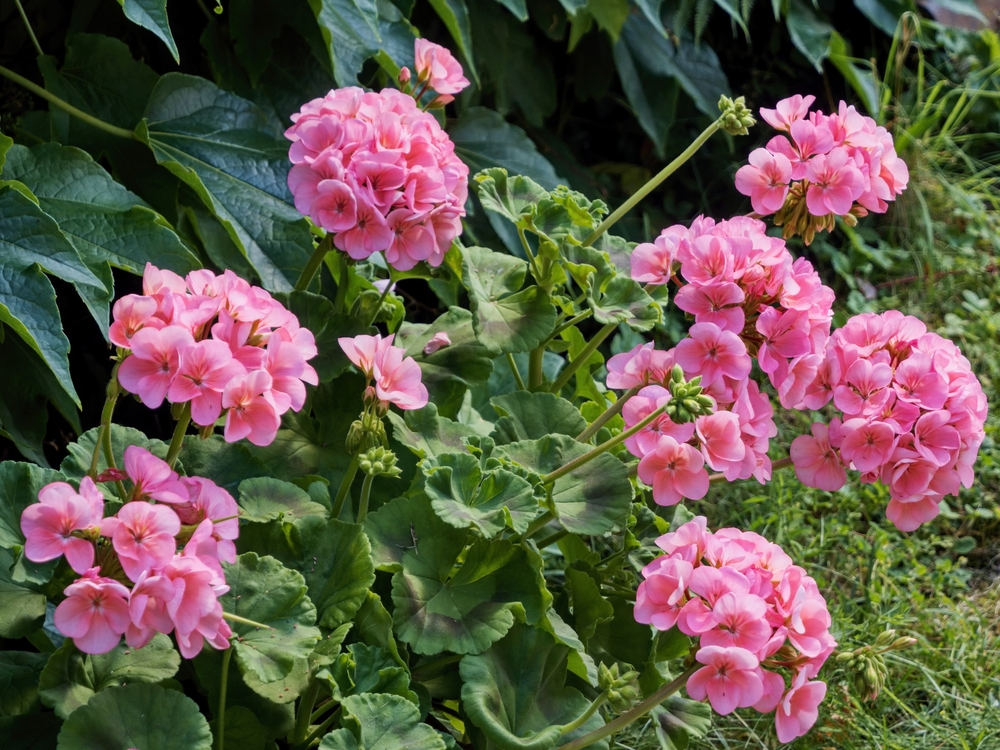
Geraniums are not only colorful and attractive, but they also work to repel mosquitoes and other garden pests. The strong scent of geraniums is known to deter mosquitoes, especially varieties such as citronella geraniums, which are specifically bred for their mosquito-repellent properties. The leaves of geranium plants contain compounds like citronellol and geraniol, which interfere with mosquitoes’ ability to detect their hosts.
Geraniums thrive in full sun and well-drained soil, making them easy to incorporate into any garden. They are perfect for container gardening, hanging baskets, or as border plants. Additionally, geraniums are low-maintenance and can survive in a variety of climates, making them a versatile option for garden pest control. Their vibrant colors add beauty to your garden while providing effective protection from mosquitoes.
Allium
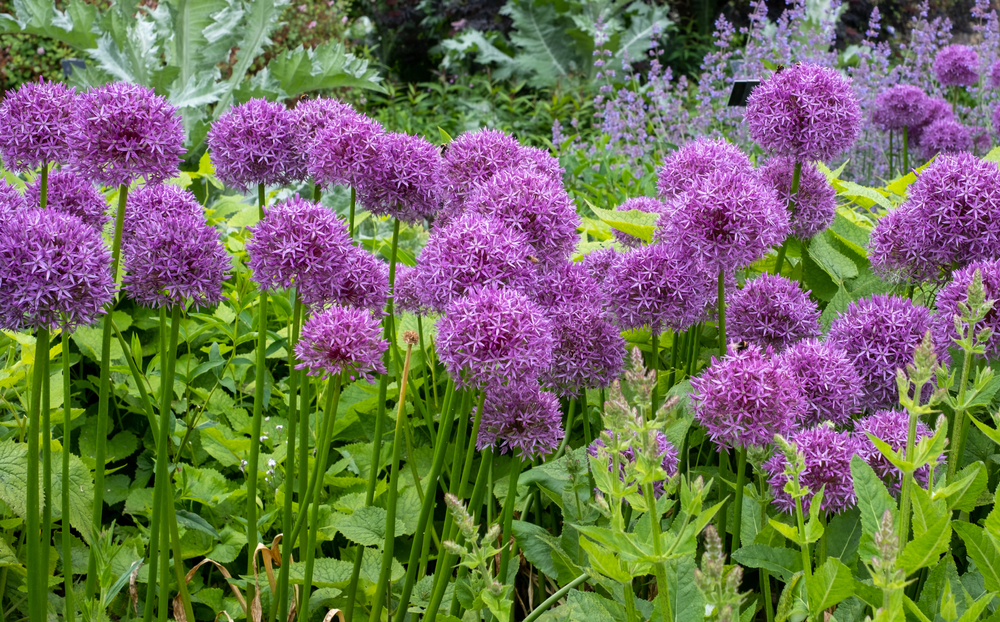
Allium, known for its onion-like scent, is another plant that naturally repels mosquitoes and other insects. The aroma released by allium plants, especially when crushed or disturbed, is unpleasant to many pests. Allium plants, particularly varieties like garlic chives and ornamental onions, work by masking the odors that attract mosquitoes. This makes them an excellent addition to any garden where you want to discourage pests.
Allium is a hardy plant that prefers well-drained soil and full sun. It is easy to grow and can be planted in garden beds or containers. The plants are low-maintenance and can survive through different seasons, adding a touch of color with their globe-like flowers. Aside from repelling mosquitoes, allium is a great companion plant, known to help deter aphids, beetles, and other unwanted insects from your garden.
Thyme
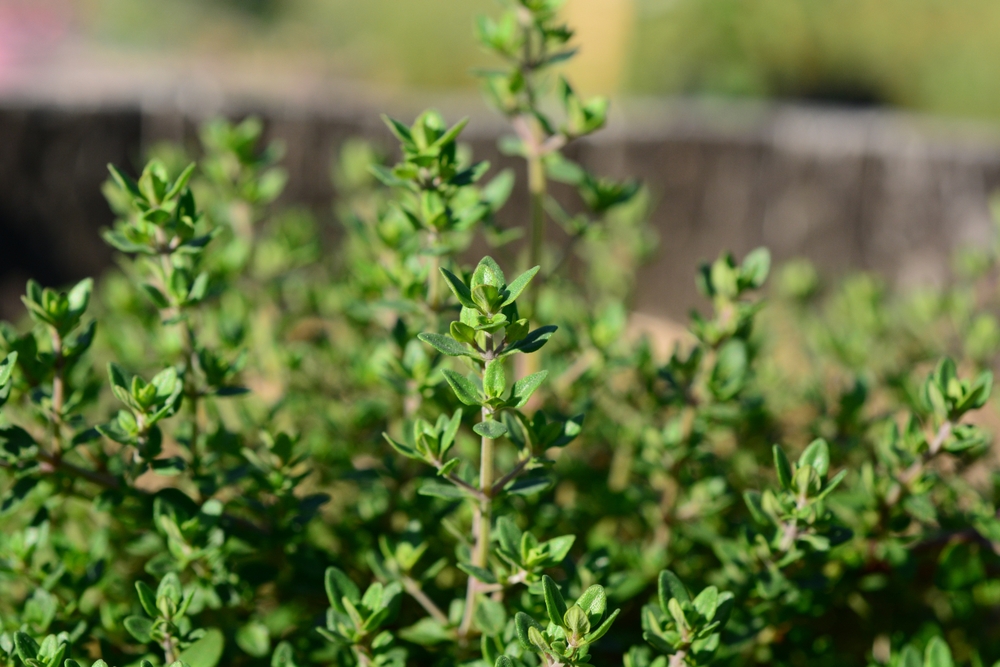
Thyme is an aromatic herb that works as a natural mosquito repellent. The oils in thyme contain compounds like thymol, which mosquitoes find off-putting. Thyme’s strong scent helps mask the natural human odors that attract pests, making it an effective deterrent. It can be planted in garden beds, hanging pots, or even as ground cover, protecting a variety of areas while adding a pleasant fragrance to the garden.
This hardy herb thrives in full sun and well-drained soil, making it a great choice for dry areas in your garden. Thyme is low-maintenance and can tolerate drought conditions once established. Beyond keeping mosquitoes away, thyme is also useful in the kitchen, where it can be used fresh or dried in various dishes. Its versatility and pest-repelling properties make it an ideal choice for both culinary and gardening purposes.
Petunias
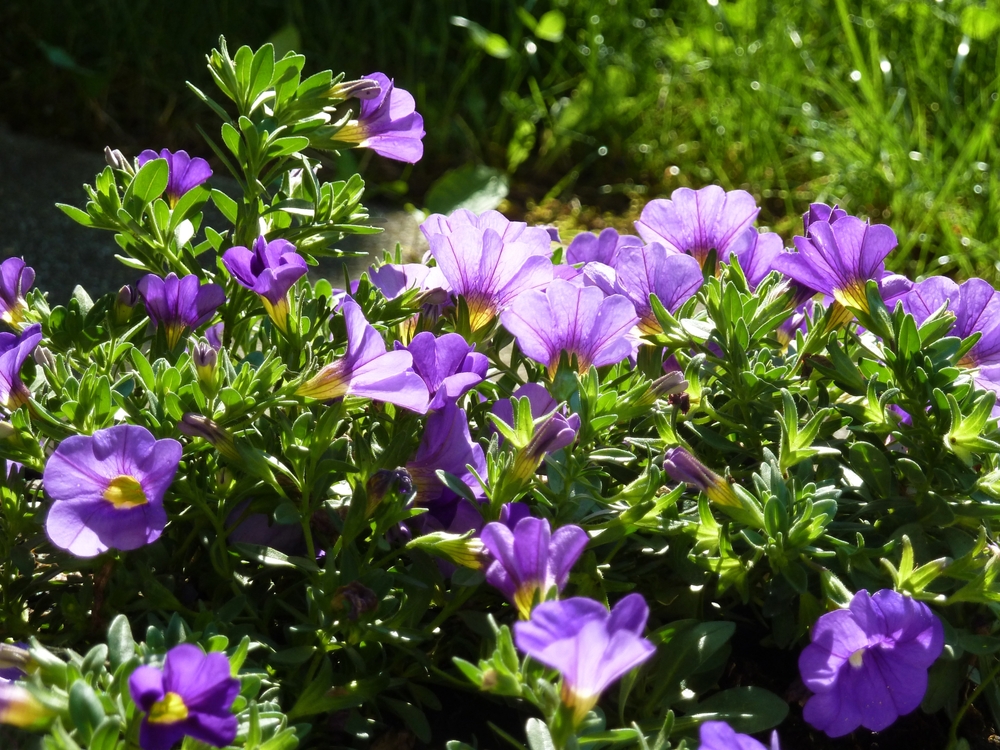
Petunias are a popular choice for gardeners, and they do more than just brighten up your garden. These vibrant flowers release a scent that repels mosquitoes and other insects, making them an excellent natural deterrent. The oils in petunias contain compounds that make it difficult for mosquitoes to locate their targets, keeping them away from your garden. In addition to mosquitoes, petunias are known to repel aphids, beetles, and other common garden pests.
Petunias thrive in full sun and are fairly easy to grow, needing only well-drained soil and regular watering. They come in a variety of colors, including pink, purple, red, and white, making them a versatile addition to any garden. Petunias are also great for hanging baskets, window boxes, and flower beds, making them ideal for both decorative and functional purposes in your outdoor space.
This article originally appeared on Avocadu.
